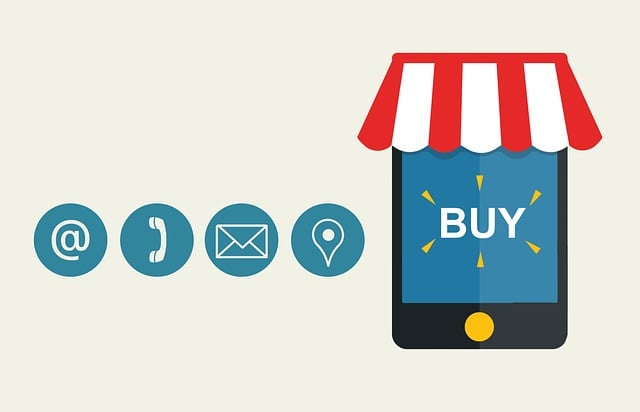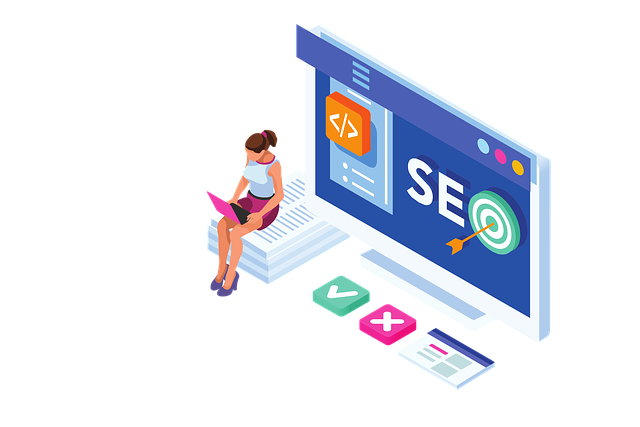The cost of AI chatbots for ecommerce varies based on complexity, platform, and features like sentiment analysis or multilingual support. Pricing models range from subscription plans to pay-per-use, factoring in user volume, system integration, and desired functionalities. Businesses must consider ongoing maintenance, updates, and training costs for seamless chatbot performance. Despite initial expenses, ecommerce chatbots offer long-term savings and ROI through automated customer support, improved engagement, higher conversions, and reduced cart abandonment rates.
Looking to implement an AI chatbot but unsure about the cost? This comprehensive guide breaks down the factors influencing pricing for these powerful tools. From understanding fundamental cost drivers to exploring ecommerce-specific models, deployment and maintenance expenses, and long-term ROI considerations, you’ll gain insights into how much an AI chatbot can cost—and why it’s a worthwhile investment for your business.
- Understanding the Cost Factors of AI Chatbots
- Ecommerce-Specific Pricing Models
- Deployment and Maintenance Expenses
- Long-Term Savings and ROI Considerations
Understanding the Cost Factors of AI Chatbots

The cost of an AI chatbot can vary greatly, depending on several key factors. One significant consideration is the complexity and sophistication required for the chatbot to fulfill its intended role, whether that’s enhancing customer service in ecommerce or providing personalized recommendations. More advanced chatbots that simulate human-like conversations often come with higher price tags due to their intricate design and ongoing training needs.
Another critical factor is the platform and technology chosen. Different providers offer various pricing models, from subscription-based plans to pay-per-use structures. Ecommerce chatbots, for instance, might be priced differently based on factors like the number of users they serve, the level of integration required with existing systems, and additional features such as sentiment analysis or multilingual capabilities. Understanding these cost drivers is essential when evaluating AI chatbot solutions for your business needs.
Ecommerce-Specific Pricing Models

The pricing models for AI chatbots designed for ecommerce platforms can vary widely based on several factors. Many providers offer subscription-based plans that cater to different business needs and scales, typically ranging from basic packages suitable for startups to robust enterprise solutions. These plans often include features like conversation flow customization, integration with popular sales channels, and access to analytics dashboards.
Ecommerce chatbots are valued for their ability to automate customer support, enhance product discovery, and drive conversions. As such, pricing is not merely about the initial setup cost but also ongoing maintenance, updates, and advanced functionality. Some providers charge based on the number of users or monthly active users (MAU), while others may factor in the complexity of bot interactions and the level of personalization required. Understanding these pricing models is crucial for businesses looking to implement AI chatbots effectively within their ecommerce strategies.
Deployment and Maintenance Expenses

When deploying an AI chatbot, especially for ecommerce applications, businesses should consider ongoing maintenance and support costs. These expenses include regular updates to ensure the chatbot stays current with platform changes, security patches, and improved algorithms. Additionally, maintaining a robust infrastructure to handle chatbot interactions is crucial; this involves server costs, database management, and potential integration with existing systems.
Ecommerce chatbots often require continuous training and data feeding to enhance their conversational abilities and accuracy. This process demands dedicated resources for data labeling, model training, and testing, ensuring the chatbot provides relevant and accurate responses. Moreover, ongoing monitoring and issue resolution are essential to guarantee seamless user experiences, contributing significantly to overall maintenance expenses.
Long-Term Savings and ROI Considerations

Implementing an AI chatbot can seem like a significant upfront cost, but it’s crucial to consider the long-term savings and return on investment (ROI) it offers. Ecommerce chatbots are designed to streamline operations, automate customer support, and enhance user experiences—all of which contribute to increased efficiency and profitability over time. By reducing the need for human agents, these chatbots can lower labor costs and minimize training expenses.
Additionally, AI chatbots can drive substantial ROI through improved customer engagement, higher sales conversions, and reduced cart abandonment rates. They provide 24/7 availability, instant responses, and personalized product recommendations, fostering a seamless shopping experience that encourages repeat business. In the competitive ecommerce landscape, these savings and benefits make AI chatbots an invaluable investment for businesses aiming to stay ahead in their industry.
AI chatbot costs vary widely based on factors like complexity, functionality, and deployment platform. Ecommerce businesses can expect to pay anywhere from $200 to $10,000 per month for an AI chatbot, with more advanced models and custom integrations costing more. While initial setup fees and deployment expenses exist, long-term savings through improved customer service, increased sales, and reduced support costs make ecommerce chatbots a valuable investment. By carefully considering pricing models and the potential return on investment (ROI), businesses can harness the power of AI to enhance their online presence and drive growth.
